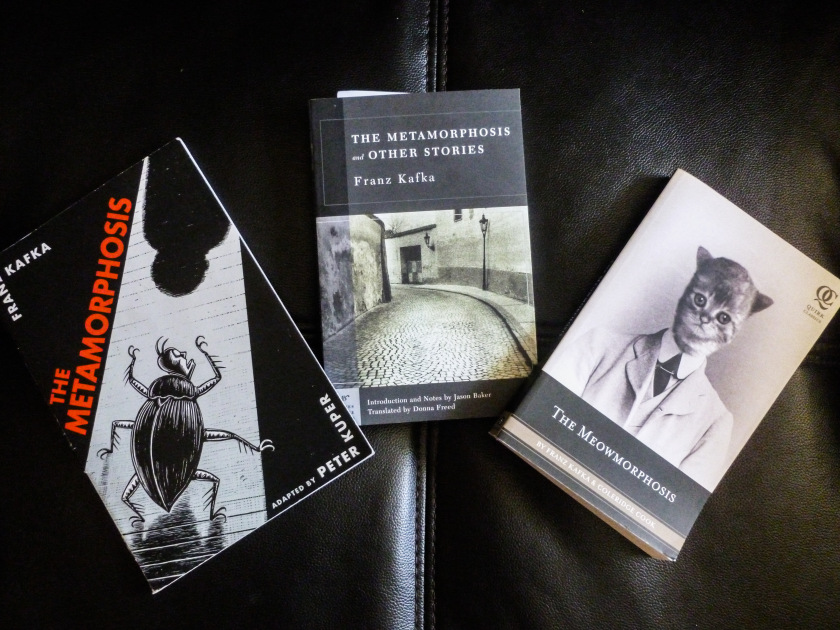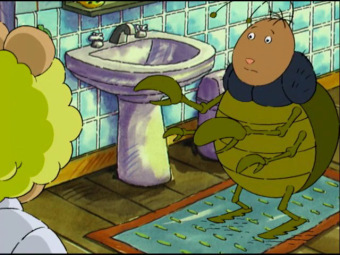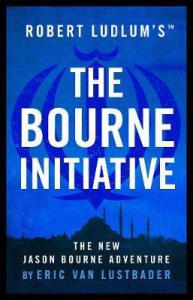
I have owned The Meowmorphosis, the Quirk Classic of Franz Kafka’s The Metamorphosis, for at least two years; however, me being me, I refused to read it until I had read the original work of which it was based off. Thank you, Barnes and Nobles for having a sale in which all of your Barnes and Noble Classics edition were all on sale for $5 flat.
Now, going into The Metamorphosis, I knew the gist of the story (or arguably, the novel)
 “Bugged” Season 8, Episode 3
“Bugged” Season 8, Episode 3
for it is one of those stories that you cannot escape knowing the gist of. Popular culture has rendered this impossible. Perhaps my earliest introduction to Kafka’s famous work was through the children’s television series known as Arthur (1996-present) which parodied The Metamorphosis in the episode titled “Bugged.”
Nevertheless, no matter how much exposure I had had for the fictional work, I was not prepared for the beautiful and grotesquely vivid prose that I now know is characteristically Kafka. The story follows Gregor Samsa, a traveling salesman and dedicated son, who one day wakes up to discover he is a creature most disgusting. From then on, one follows his life as a bug and the son who provided for everyone is now a burden upon those he most loves. The story is disgustingly vivid, horrifying, and at times heart-wrenching; a reader takes turns feeling sorry for Gregor and sorry for his family.
The edition I bought from Barnes and Noble also contained some of Kafka’s other short stories, which I greatly appreciated. Although The Metamorphosis is perhaps his most well-known story, I found myself enjoying “The Penal Colony” the most. It is twisted, vivid, and at its core, profoundly sad. It conveys the feelings of one who is stuck in the past, who remembers the glory of the old days and refuses to accept the new coming age. Thus culminating in an act of deep symbolic meaning that is reversed and made instead into a hideous act for those who look on. All of this, of course, while commentating on the use of torture in the criminal justice system, the bureaucratic nature of our civilized societies, as well as what it means to be a civilized person.
After enjoying Kafka’s disturbing and yet enchanting work, I then finally decided to tackle Coleridge Cook’s The Meowmorphosis that has stared at me morosely on the shelf for two years. It follows Kafka’s original work almost to a T, except of course that Gregor Samsa is transformed into an abnormally large and cuddly kitten instead of the cockroach he is so often through as; there also seem to be some references to Kafka’s novel The Trial, although not having read it, I cannot be too sure. This reimagined classic, while perhaps easier to read than the adventures or misadventures of a bug loses some of the great genius of the original. It is more trying on one’ emotions for it is tens times easier to feel sorry for a cat than it is for a cockroach. And perhaps, this is one of this reimagining’s strong points: it allows the reader to more easily see the family’s ingratitude, selfishness, and meanness— something that is harder to achieve in the original.
I am glad I was able to have my own sort of Kafka Fest for I read his short stories, the graphic novel of The Metamorphosis, and Cook’s reimagining. Without a doubt, he has made it onto my favorite author list. I encourage you all to read something by Kafka if you have not already, and to my fellow feline lovers definitely give The Meowmorphosis a read.
Advertisements Share this:





